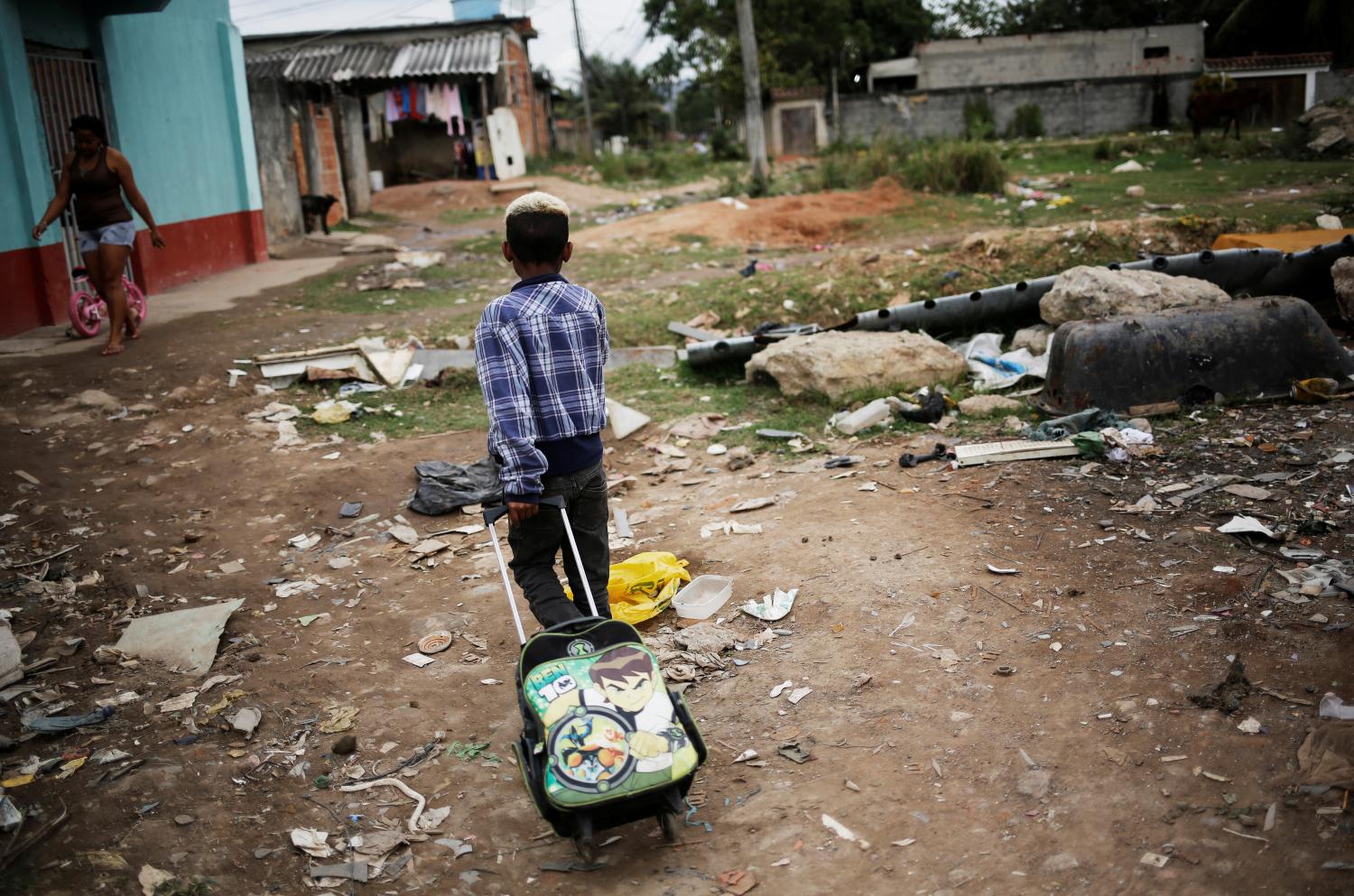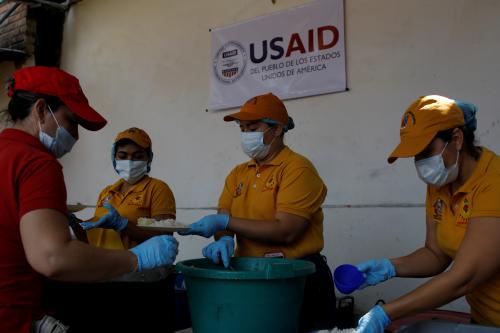The 2019 Brookings Blum Roundtable (BBR) built on the prior year discussion of how to reinvigorate U.S. global development leadership. The 2018 roundtable focused on: strengthening the counternarrative to the administration’s efforts to reduce funding for U.S. international engagement; advancing the proposed restructuring of USAID; the thoughtful approach of the Global Fragility Act; the enhancement of U.S. development finance through the BUILD Act; and exploring the role of the Sustainable Development Goals (SDGs) and multilateral approaches. BBR participants were active in all these areas last year, engaging with Congress to ensure full funding for the international affairs account; advancing a preventive approach to fragility through work with the U.S. Institute of Peace Task Force on Extremism in Fragile States and articulating the rationale for the Global Fragility Act; working successfully on passage of the BUILD Act and subsequently advising on its implementation; and weighing in on the centrality of the SDGs and multilateralism.
In 2019, we moved to discuss these same topics in the context of the 2020 national election. The overarching focus was on what narrative and ideas can best inform presidential and congressional campaigns on the critical issues of U.S. international engagement and lay the foundation for constructive policies by officials who take office in January 2021. What makes this task all the more daunting is the growing distrust by the American people of their political leaders, large corporations, and a range of traditionally respected institutions.
We met at a time of significant anxiety around the world over America’s global engagements, significant disruption in official aid offset in part by large prospective private philanthropy and a growing attention to sustainability by business CEOs, as well as significant popular movements calling for a leadership response to global issues of climate change, poverty, and inequality. It does not come as a surprise that the Presidential impeachment hearings revolve around the conduct of foreign policy and foreign assistance. The roundtable’s purpose was to explore how to act in this disruptive environment.
The Brookings Institution is committed to quality, independence, and impact.
We are supported by a diverse array of funders. In line with our values and policies, each Brookings publication represents the sole views of its author(s).







